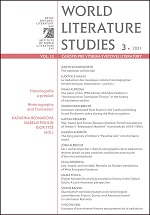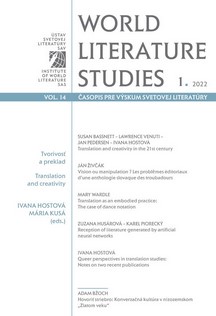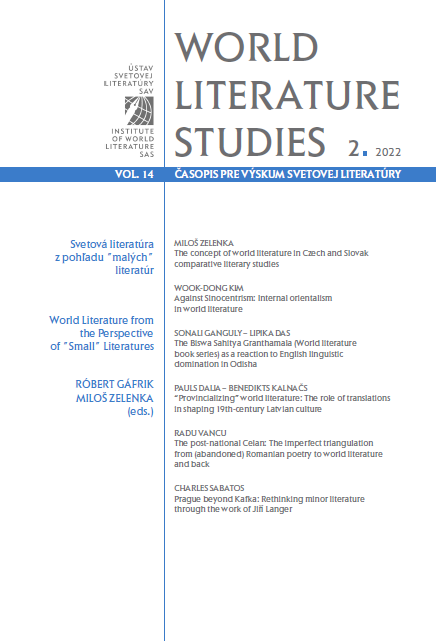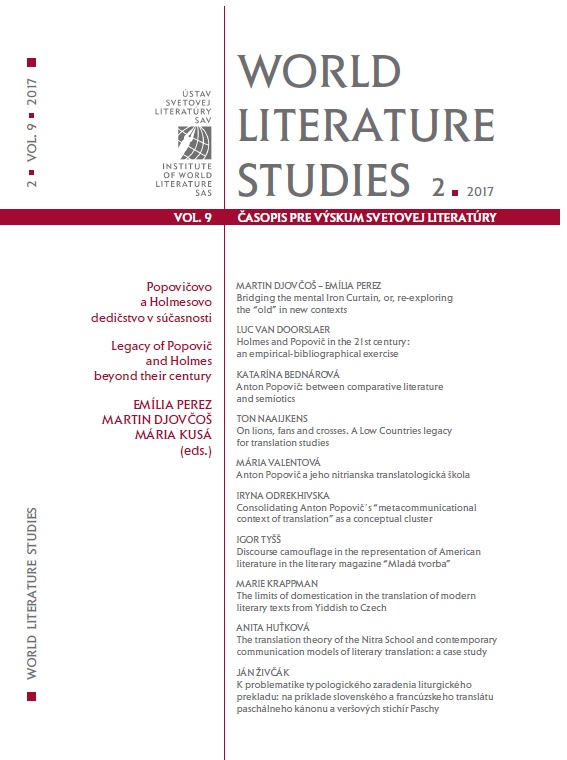
K problematike typologického zaradenia liturgického prekladu.
The study is a response to the lack of interest in liturgical translation on the part of contemporarySlovak and Czech scholars. Its main aim is to pave the way for a translation-studies-basedreflection on liturgical metatexts and to discuss the typological features of liturgical translation.The core of the study is divided into two chapters. Both provide a descriptive analysis ofselected modern translations of two Byzantine liturgical compositions: the Paschal Canon bySt. John Damascene and the Paschal Stichera. The translation procedures empirically used inthe metatexts are compared with procedures typical for either technical or literary translation.The analyses suggest that linguistic communities tend to translate liturgical compositions ina literary way when they perceive the prototext as close to their domestic literary polysystemand translate more technically when aware of the strangeness of the original
More...
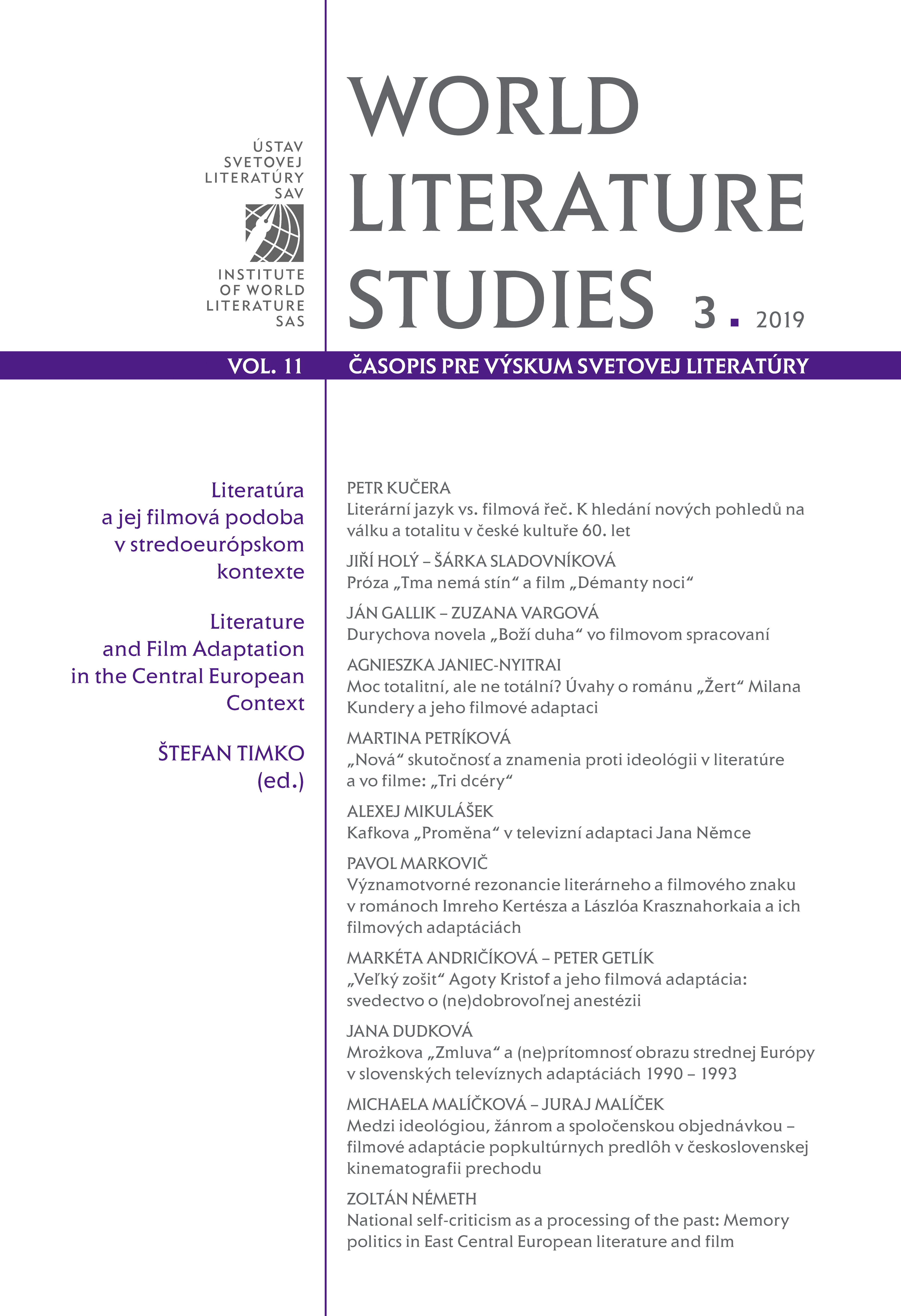
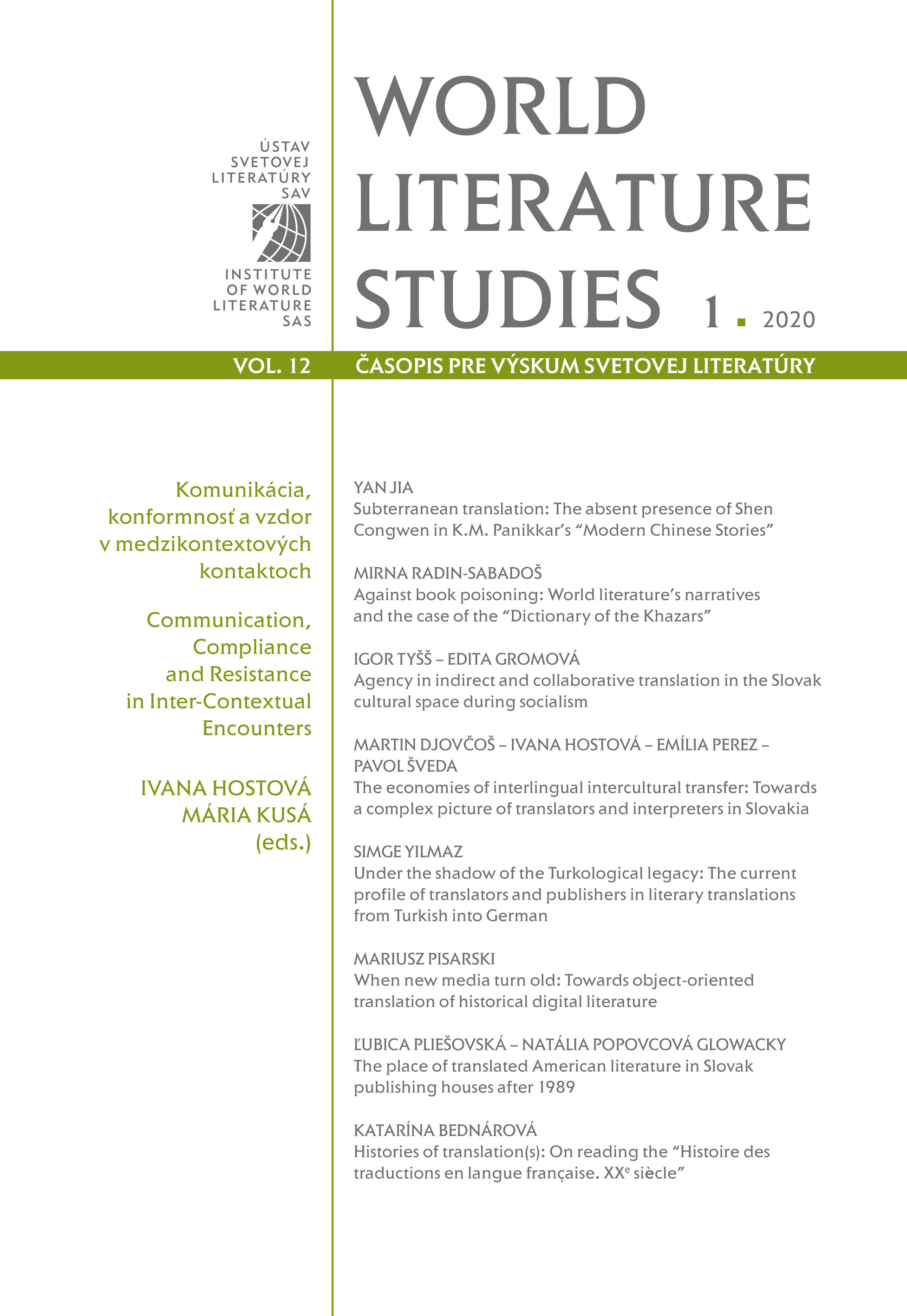
![Csongor Lőrincz – Péter L. Varga (eds.): Herausforderung der Literatur: Péter Esterházy
[The Challenge of Literature: Péter Esterházy] - András Kányádi (ed.): Péter Esterházy et le postmodernisme [Péter Esterházy and Postmodernism]](/api/image/getissuecoverimage?id=picture_2021_61494.jpg)
